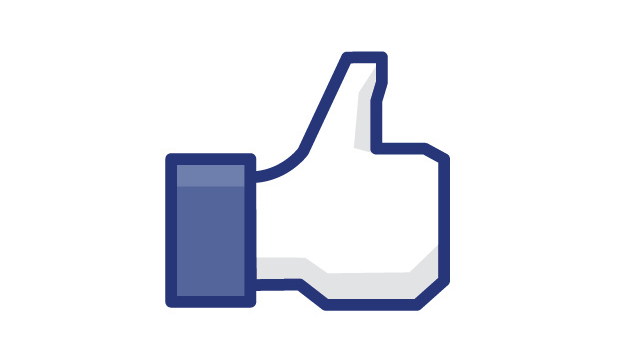bigthinkeditor

Wikileaks founder Julian Assange warns that Facebook is the “most appalling spy machine ever invented.” But businesses complain it is too hard to search its data.
Osama Bin Laden’s death illustrates the power of social media to spread news, and fast, and to provide a window into reader reactions world-wide.
Search is broken, and everyone is scrambling to fix it. Could social networking make search technology potent again?
An anticircumcision group in San Francisco is the latest to join the fray over the alleged health benefits of the practice by pushing for a ban—is it simply a barbaric procedure?
When Catherine Middleton walked down the aisle of Westminster Abbey on Friday—a willowy vision in white—her noticeably thinner frame sparked rumors that she was on the Dukan diet.
A new model for understanding human decision-making, called Deep Rationality, acknowledges the irrationality of human decision-making but suggests that it might be rooted in evolution.
A positive outcome of global economic meltdown is that corporations are increasingly working together for social change, and many are harnessing social networks to do so.
Do you know what your boss does? Researchers have studied how CEOs of big companies spend their time. Is it bad news that longer days correlated with better productivity?
A look at China’s leadership and how, since the Tiananmen crisis, differences over power and policy have been fought out behind a rigorously sustained facade of unity and discipline.
Will senior leaders in the U.S. State Department lead by example in using Corridor, an internal social network supporting their new ‘need to share’ not ‘need to know’ ethos?
Meet Muslim women frustrated with current leadership and confronting prejudice in their fight—not for the fainthearted—against extremism. “We need the discourse of women.”
Just as engineering innovations have a 30-year shelf life, institutional safeguards, whether financial or nuclear power regulation, need to evolve and change hands every two or three decades.
The Allen Telescope Array, a set of 42 radio telescopes that has been searching for alien signals and conducting astronomical research since 2007, has been shut down due to budget cuts.
Wired—which says you should care about the controversy over iPhones and Android smartphones tracking users’ location—reports on legal action by two Apple customers.
Digital information services and social networks provide an unending firehose of real-time content. What is curation, who should do it, and why do we need it now more than ever?
Feudal society had many elements of commons production and huge disparities in incomes. Just like digital manor economies today. The digital peasants are getting restless.
What’s special about Facebook’s Deals? What’s in it for users and what are the implications for direct competitors Groupon and LivingSocial and, down the track, PayPal?
About 500 million people in India have no form of reliable identification. The government has started a five-year $430m project to address that with a huge biometric database.
New technology start-ups are increasingly locating in Berlin, where many companies are beginning to innovate rather than simply clone successful American ideas.
Piracy is not the only problem in the complex, multi-border world of modern merchant shipping. Unsafe and abusive ships abound. Do we need a “Save Our Seafarers” campaign?
Leading from behind. Is that the best policy for the U.S. in a world in which its power is waning? America must act more humbly, maybe, but is it stuck again in the Middle East?
Obsessing over the injustices of Guantánamo Bay may become a surrogate for a wider hatred of America. But read the files and you’ll realise that obsession is the only humane response.
The story of hunger and poverty is very complex. It is a world where those without enough to eat may save up to buy a TV instead. Where more money may not mean more food.
When we read, we feel a real human connection without engaging in real relationships. “Something else important must be happening,” says psychology professor Shira Gabriel.
Here is a list of some of the health crises that weren’t—crises that were either completely unfounded or that received an unwarranted amount media attention commensurate to their actual risk.
Passionate curiosity, battle-hardened confidence, team smarts, a simple mindset, and fearlessness. These are the qualities most common in top executives. Do you have them?
The ongoing class action lawsuit between Walmart and female workers should make managers think about how company culture influences their hiring and pay decisions.
Want to successfully communicate something? You need to know whether the recipient, at that moment, is hungry for your message or guarded against it, and act accordingly.
A record 34 women made Time magazine’s 2011 list of the world’s 100 most influential people. But why weren’t there 50? And after featuring last year, why is Sarah Palin missing?
Pinpoint the “pride builders” in your organization when you need to implement change. They are a key “viral” factor in igniting the necessary emotional motivation for other workers.





























